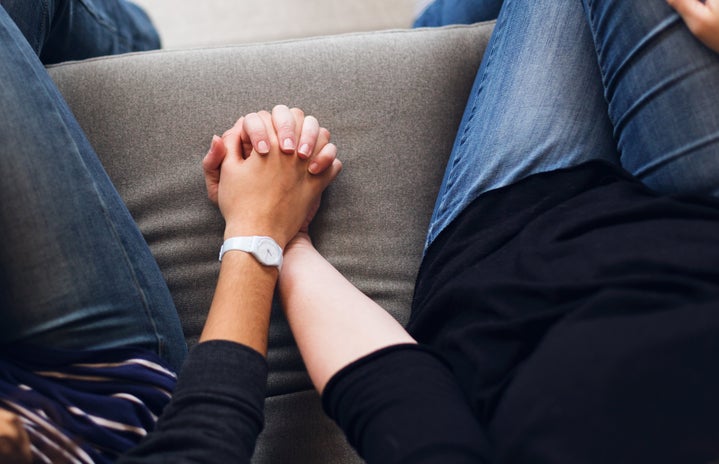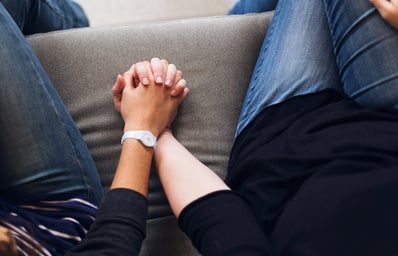**Trigger warning: This article mentions violence against women and may not be suitable for some readers.
On the evening of March 3, 2021, Sarah Everard went missing from South London. She took all the necessary precautions on her nighttime walk home: She called her boyfriend, walked only on well-lit streets, and was vigilant at all times. Yet, a little more than a week later, her remains were found in the woods. Her death sparked outrage in England and all over the world, prompting a discussion about women’s safety, femicide and the male responsibility to not murder and assault women.
I’m sure most – if not all – women have experienced the fear of being alone at night outside of a bar, walking home, or even simply walking to your car from the grocery store. Fear of strange men and constant vigilance has become a part of being a woman, an expectation. And sometimes, it’s still not enough. I’m angry. I’m tired of feeling afraid, of checking underneath my car before I get in it, of always double-checking I locked the door, of carrying pepper spray, and knowing to go for the neck, eyes, or crotch first. It’s exhausting existing as a woman, and the only people who can give us a break (men) don’t seem all that invested in helping.
The Sarah Everard case also made known the 97% statistic: 97% of young women in the United Kingdom have been sexually harassed in their lifetime. This study, conducted by the United Nations, focuses on a demographic across the pond, but its results are echoed across the globe. In the United States, a common statistic that’s thrown around is one in three: one in three women have experienced some sort of interpersonal violence.
I recently had a conversation with a male friend where he expressed surprise when I told him that I never walk home from my nighttime class because I don’t want to get abducted. He laughed, and then saw that I wasn’t kidding. I told him – apparently, for the first time ever – that, as a woman, I cannot let myself walk home alone at night out of safety concerns. It made me more disappointed than anything that he had no idea that women had to take this precaution.
I’m not going to sit here and write out a list of things you can do to protect yourself from men because you know all that; you’ve known all of it for years. I am here to tell you, though, that I believe you, I stand with you, and you are not alone. We are all in this together, as women.
If you or someone you know needs resources, contact the Women and Gender Resource Center at wgrc@ua.edu or (205) 348 – 5040, or visit their office located at 1101 Jackson Avenue. You can also contact the Tuscaloosa SAFE Center at (205) 860 – 7233 or visit their office at 1601 University Boulevard E.



